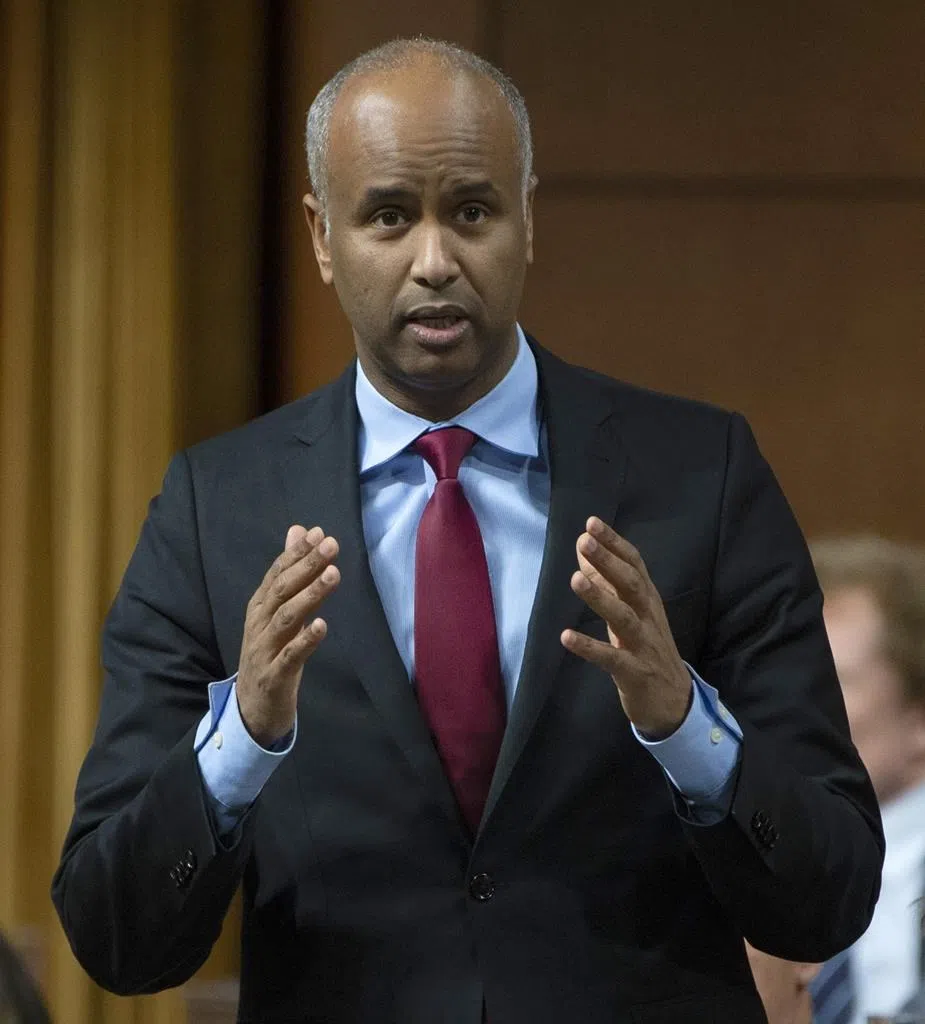
Hundreds of ex-slaves in Libya coming to Canada one year after UN request
OTTAWA — More than a year after the United Nations asked countries to take in refugees living in slavery in Libya, Canada has begun resettling hundreds of them, the UN and the federal government said Wednesday.
Canada was one of the few countries to respond to a request from the United Nations refugee agency in December 2017 to take the refugees who were living in detention centres in Libya, said Michael Casasola, the head of resettlement for the UN High Commissioner for Refugees in Ottawa.
“It can take some time for the countries to do their selection because it was a voluntary act. So they want to screen. They go through their usual selection processes,” said Casasola. “That can take time.”
More than 150 people have been resettled and another 600 more are expected over the next two years through the regular refugee settlement program, Immigration Minister Ahmed Hussen said Wednesday.


